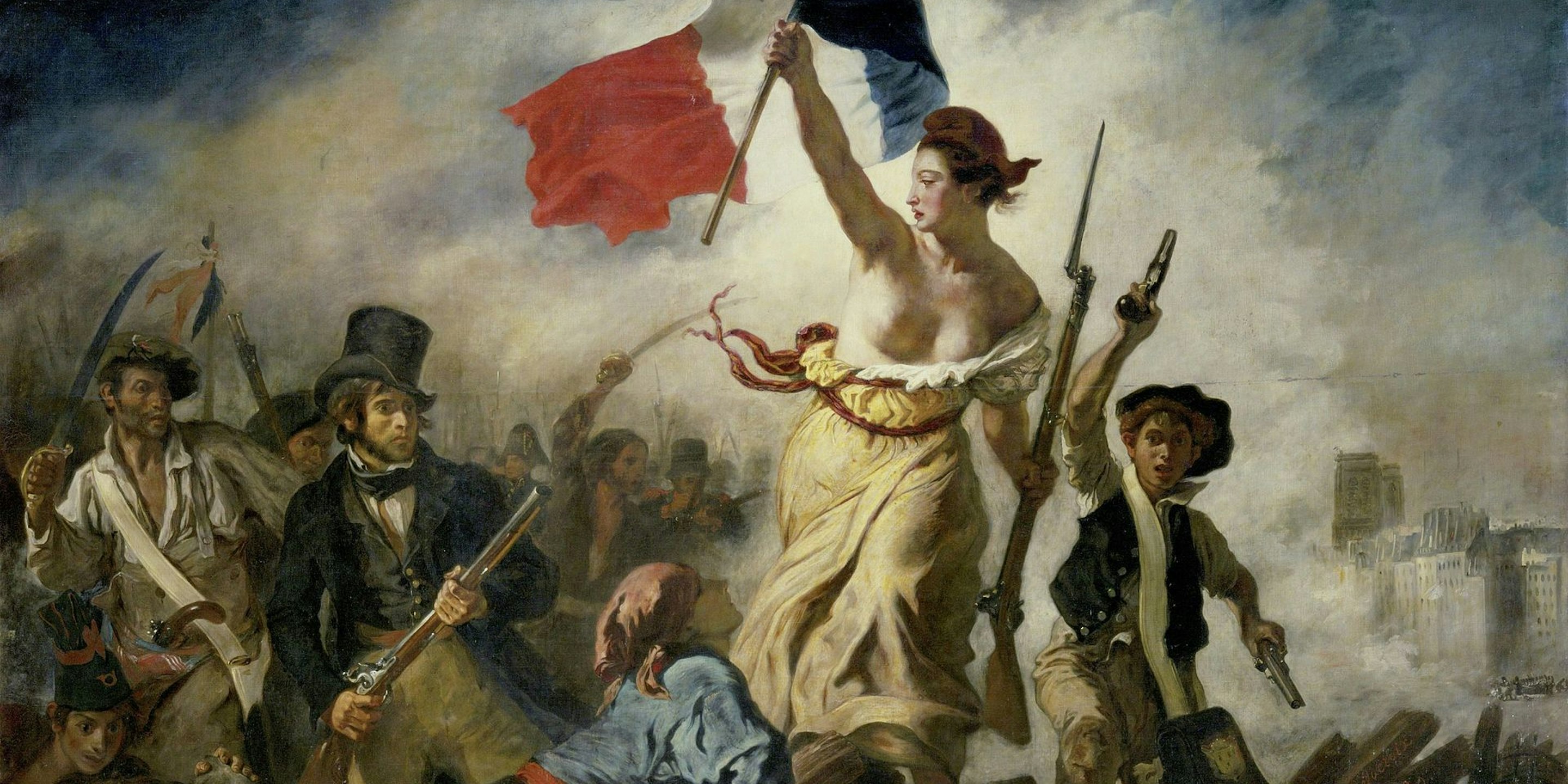From Inverse, February 15:
Income Inequality Is Likely Here to Stay
Author Walter Scheidel explains why it's so hard to level the playing field.

Income inequality has become an increasingly visible and salient issue in the past few years, with ideas for fixing it on all sides of the aisle. But according to Stanford History Professor Walter Scheidel, author of The Great Leveler: Violence and the History of Inequality from the Stone Age to the Twenty-First Century, these approaches may not be the panacea many might like them to be.
Scheidel says that’s because violence is the only force in history that has truly managed to liberate wealth from the upper stratum of society. He frames his historical analysis of trends in inequality around what he calls the Four Horsemen: “mass-mobilization warfare, transformative revolutions, state collapse, and catastrophic plagues.” Only these “shocks” have the transformative power required to reduce inequality. It’s a grim, grisly prospect, one that raises more questions than it answers about how to move forward.Inverse talked with Professor Scheidel about just that: the inequality of the past and what it means for the solutions of the future.
Your idea of the “Four Horsemen” — will those always look the same going forward?Well so much has changed over time. State collapse and plagues, they’re not currently on the table. States are much more resilient now, very difficult to dislodge unless you’re in Sub-Saharan Africa or the Middle East. We’re not going to have another Black Death … probably. Even the others don’t currently apply, right? There is no Communist Revolution on the horizon and if there’s another war, it’s not going to be a mass mobilization war with millions of people in trenches. In a sense, history is over. That raises a very big question about future mechanisms of equalization. Nobody wants the old ones to come back, but are there others that are equally powerful? If they exist, they didn’t occur in history. It doesn’t mean we can’t one day discover them or design them.Do you think something like state collapse would take on a new form? Might we define it differently than we would have previously?Maybe. But if you think of some lower degree of disturbance, it doesn’t seem to be enough to have an effect on inequality. The overall state as an institution is not going to go away. You could say that in the next few decades there will be more violence or violent dissent, but that’s not going to bring down the state, wholesale, in the West.Do you think advancements in technology would be something that add to inequality?Yeah. You can think in particular of genetics. That would be both within societies and between societies. It’s no longer totally futuristic. If you can have designer babies and you have to pay for it, that may be available only to a certain group, a particular class in a country or one country rather than another. That could create inequalities like we’ve never seen before. Now, we are still all “people,” but that could change....MORE